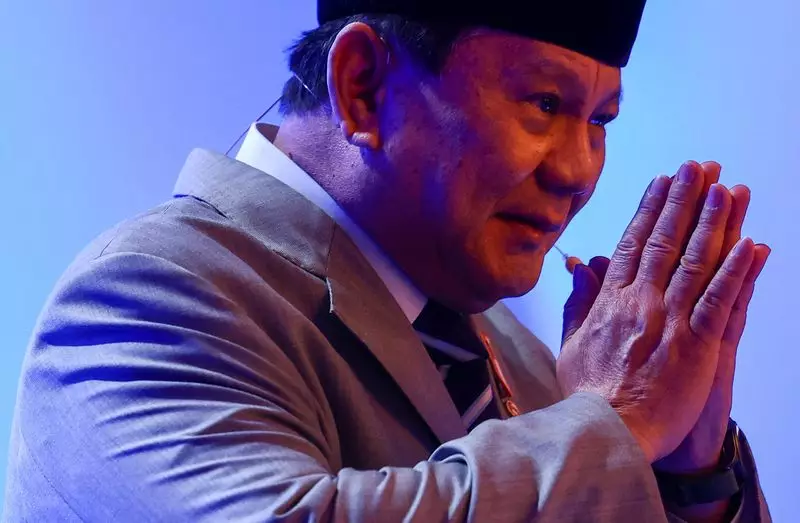President-elect Prabowo Subianto of Indonesia is reportedly planning to increase the nation’s debt-to-GDP ratio to 50%, as long as tax revenues are also boosted. This proposed economic policy has sparked concerns among investors and economists, particularly given the potential impact on Indonesia’s credit rating.
Prabowo’s brother and adviser, Hashim Djojohadikusumo, emphasized the importance of simultaneously increasing revenue while raising the debt level. He mentioned various sources of revenue, such as taxes, excise taxes, royalties from mining, and import duties. The focus on revenue generation is crucial to ensuring that the debt increase is sustainable and does not lead to a fiscal crisis in the future.
Existing Fiscal Rules and Concerns
Prabowo’s economic team in Jakarta has previously denied reports of plans to raise the debt-to-GDP ratio from under 40% to 50%. They have stressed their commitment to existing fiscal rules, which cap the budget deficit at 3% of GDP and limit the debt-to-GDP ratio to 60%. However, the uncertainty surrounding Prabowo’s economic policies has contributed to market volatility, with bond prices and the rupiah experiencing fluctuations.
During his campaign, Prabowo expressed intentions to increase public debt levels and raise the tax-to-GDP ratio from 10% to 16%. While these goals may be ambitious, the feasibility of achieving them while maintaining economic stability remains a concern. The proposed team to explore ways to remove fiscal deficit and debt ceilings suggests a potential shift in economic strategy under Prabowo’s administration.
The market reaction to Prabowo’s economic proposals has been mixed, with investors closely monitoring developments. The depreciation of the rupiah against the dollar reflects concerns about Indonesia’s economic direction under the new leadership. As Prabowo prepares to take office in October, the implementation of his economic policies will be closely scrutinized for their impact on growth, inflation, and overall macroeconomic stability.
President-elect Prabowo’s economic agenda presents both opportunities and challenges for Indonesia’s economy. The emphasis on revenue generation to support increased debt levels is a rational approach, but the execution and sustainability of these policies will be key determinants of their success. As Indonesia navigates through economic uncertainties, prudent fiscal management and sound policy decisions will be essential to securing long-term growth and stability.


Leave a Reply